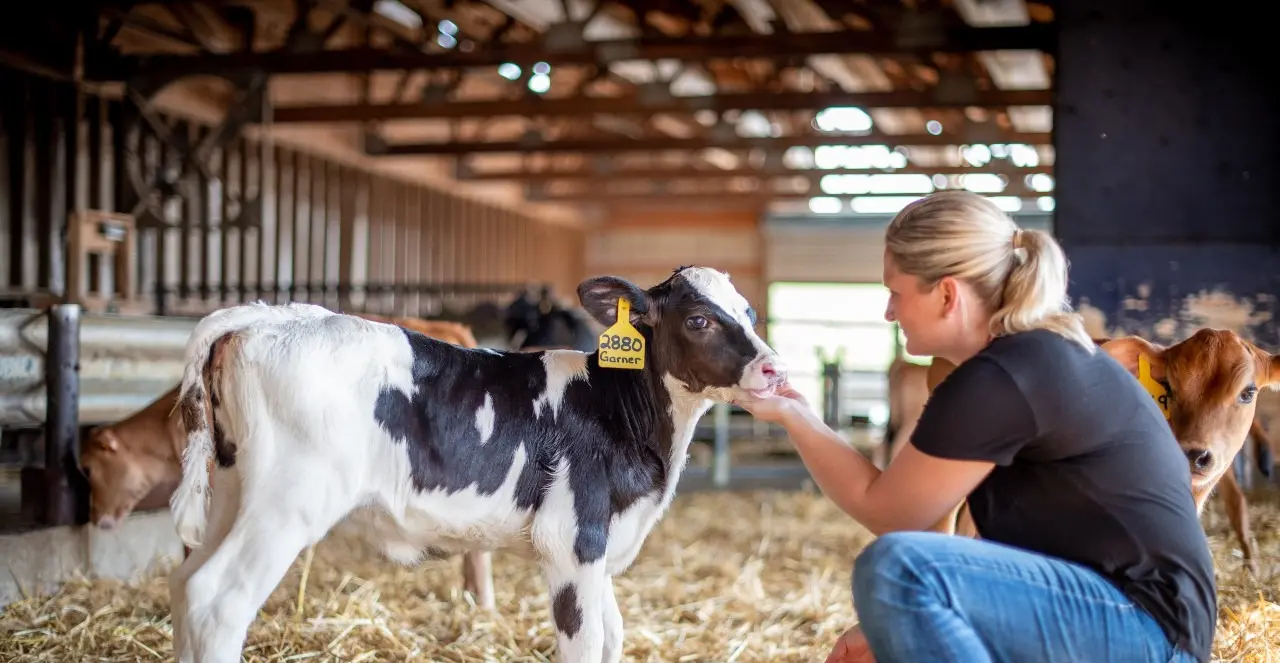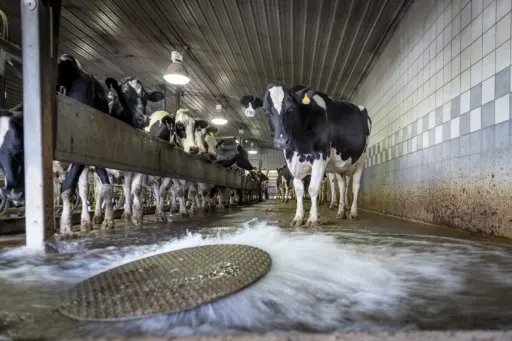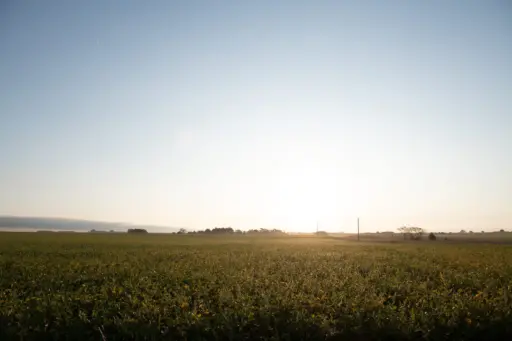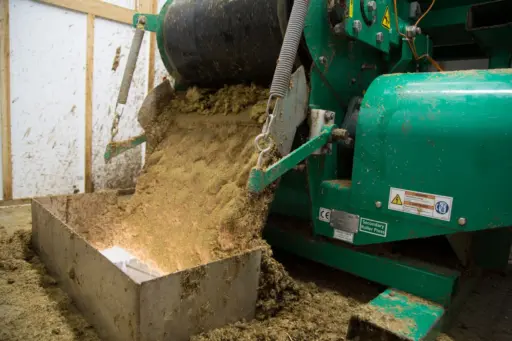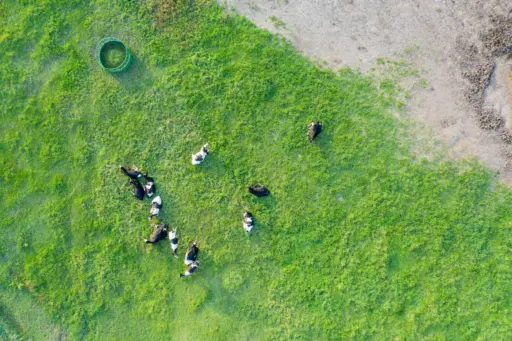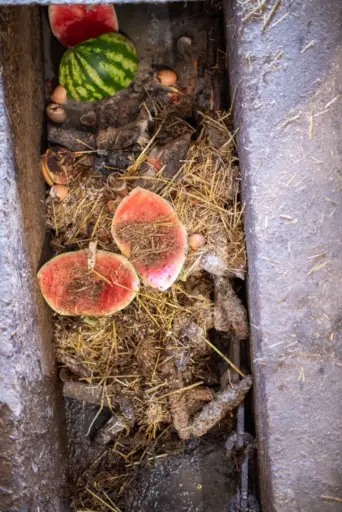Sustainability Matters to Dairy Farmers
Dairy farmers have long shared a deep commitment to taking care of their animals and our shared resources including air, land, and water. This commitment, and the actions taken on dairy farmers throughout the Midwest, play a vital role in providing sustainably produced foods, nourishing people, our planet, and communities.
U.S. Dairy’s Net Zero Goals
Dairy farmers are committed to a cleaner future for all. Contrary to popular belief, the dairy industry is only responsible for 2% of national greenhouse gas (GHG) emissions. But we aren’t stopping there – dairy’s goal is to achieve GHG neutrality by 2050. From decreasing emissions to improving water usage to utilizing manure, the U.S. dairy industry and its farmers are dedicated to conserving natural resources and becoming an environmental solution.
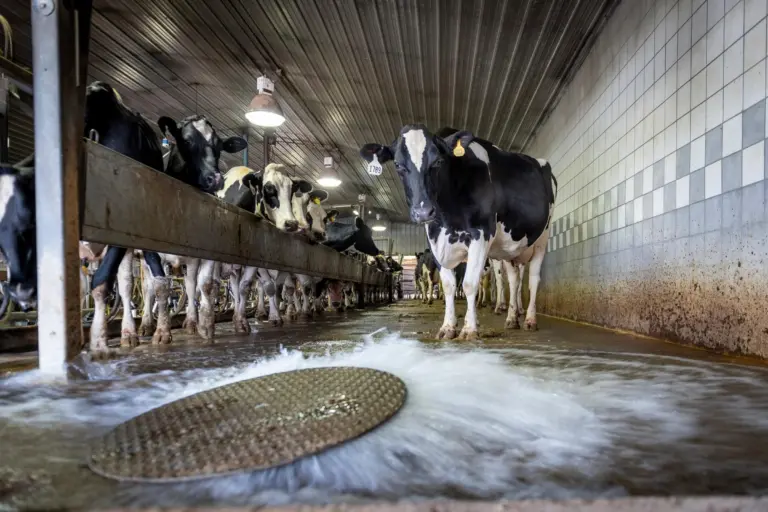
Sustainability Frequently Asked Questions
Do dairy farms practice sustainability? Do farmers really care for the environment? Learn more about dairy sustainability by visiting our Frequently Asked Questions page!
Animal Care
To farmers, cows come first. Dairy cow care is one of the most important parts of production, and farmers are dedicated to dairy cow care throughout the year. Dairy farmers, regardless of their herd size, use best management practices as outlined in the National Dairy Farmers Assuring Responsible Management (FARM) Animal Care Program. From free-stall housing to hiring nutritionists to using mattresses for cow comfort, dairy farmers are committed to their cow’s comfort!
Additional Information

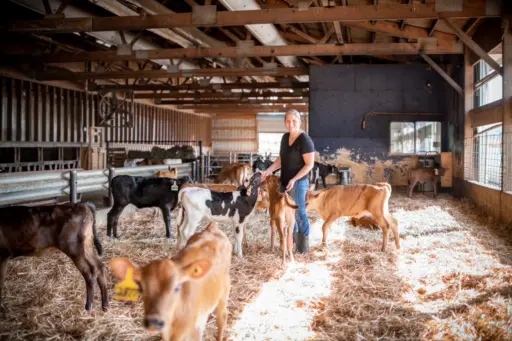
Meet Our Farmers
Most dairy farms are family-owned, and many dairy farmers are active in their local communities. Get to know the farmers that produce your favorite dairy foods and see why they love what they do and how they take care of their animals, land, and community.

Sustainable Nutrition
Milk is a nutrient-rich option, packed with 13 essential nutrients. Studies have shown that three daily servings of low-fat or fat-free dairy foods improve overall diet quality and reduce the risk of various chronic diseases.
